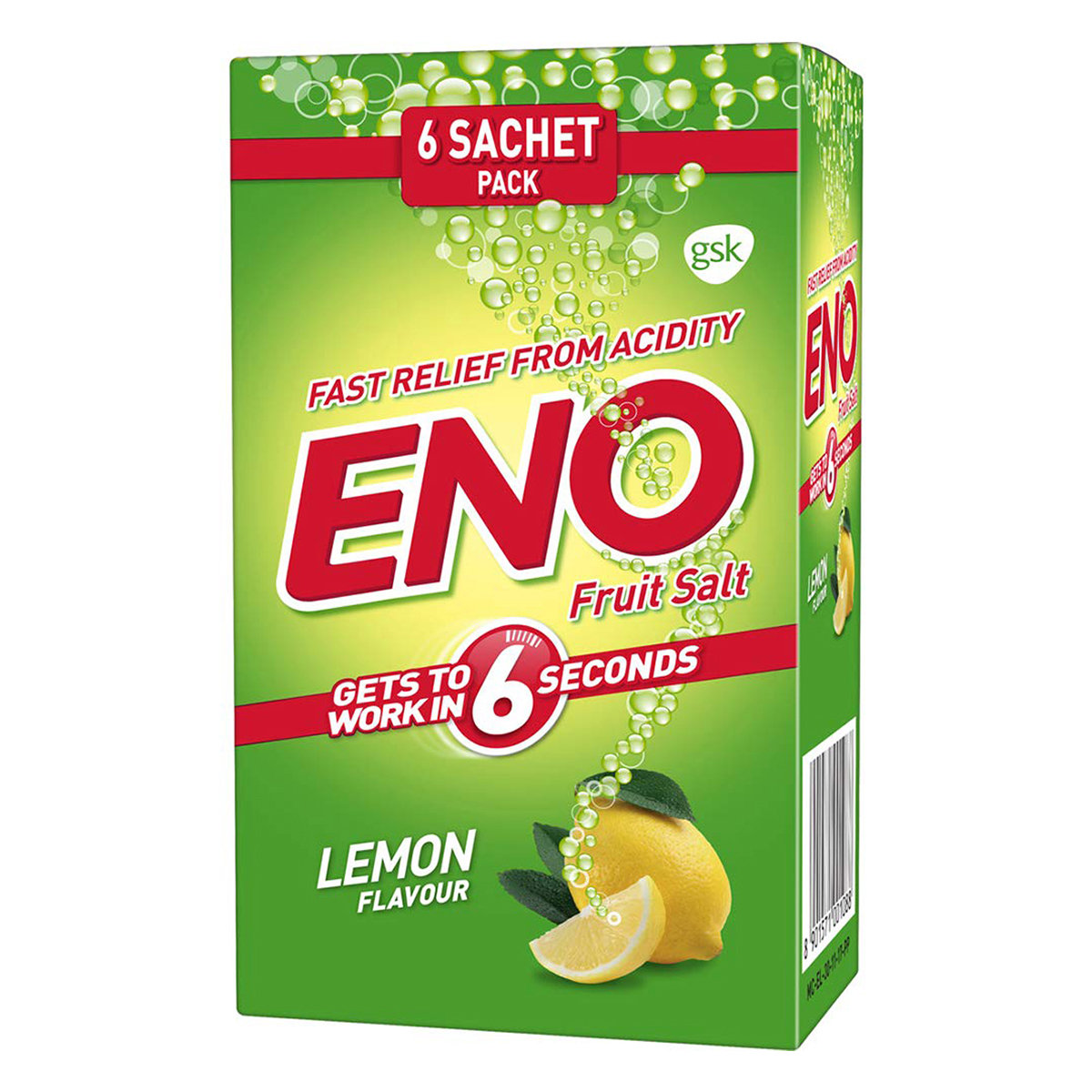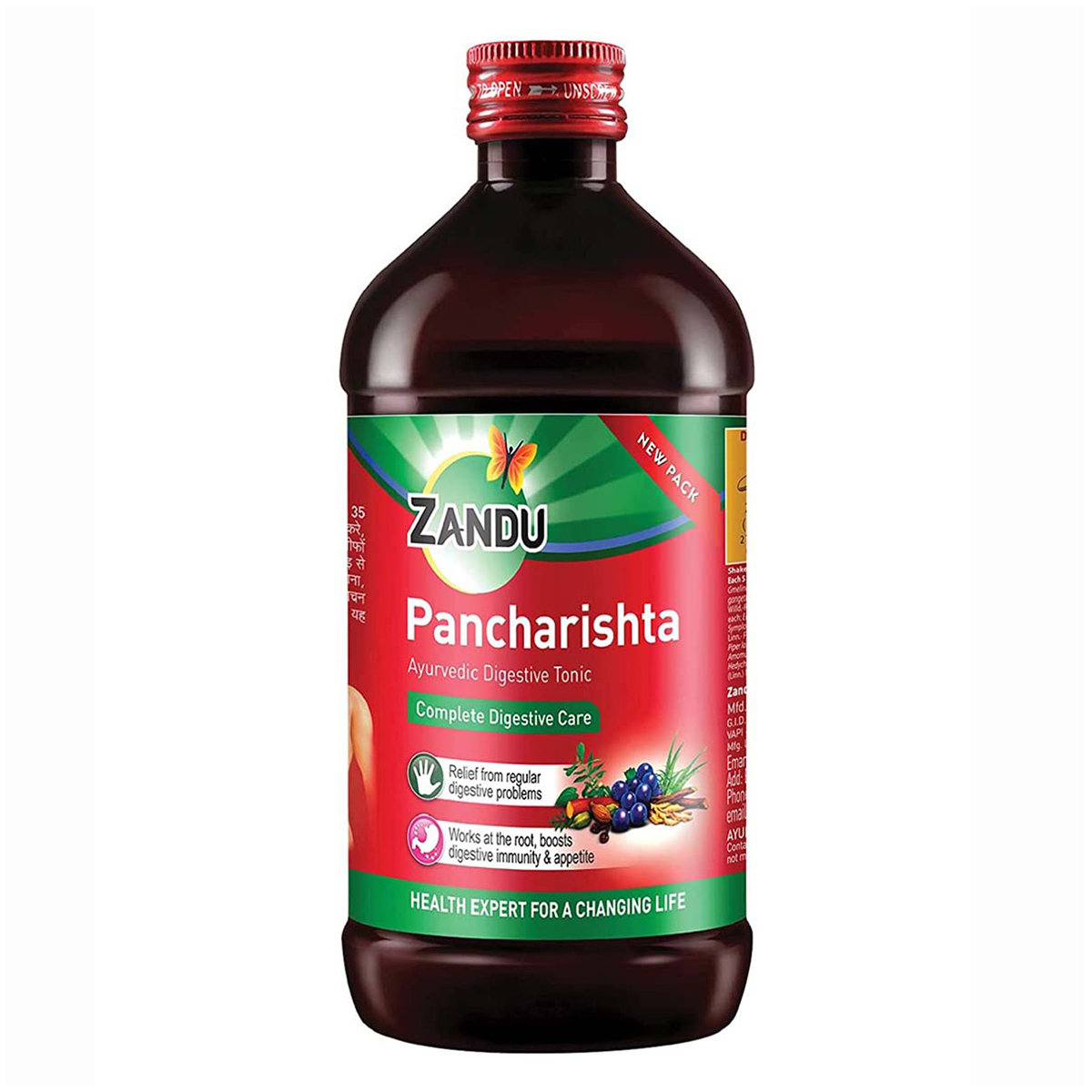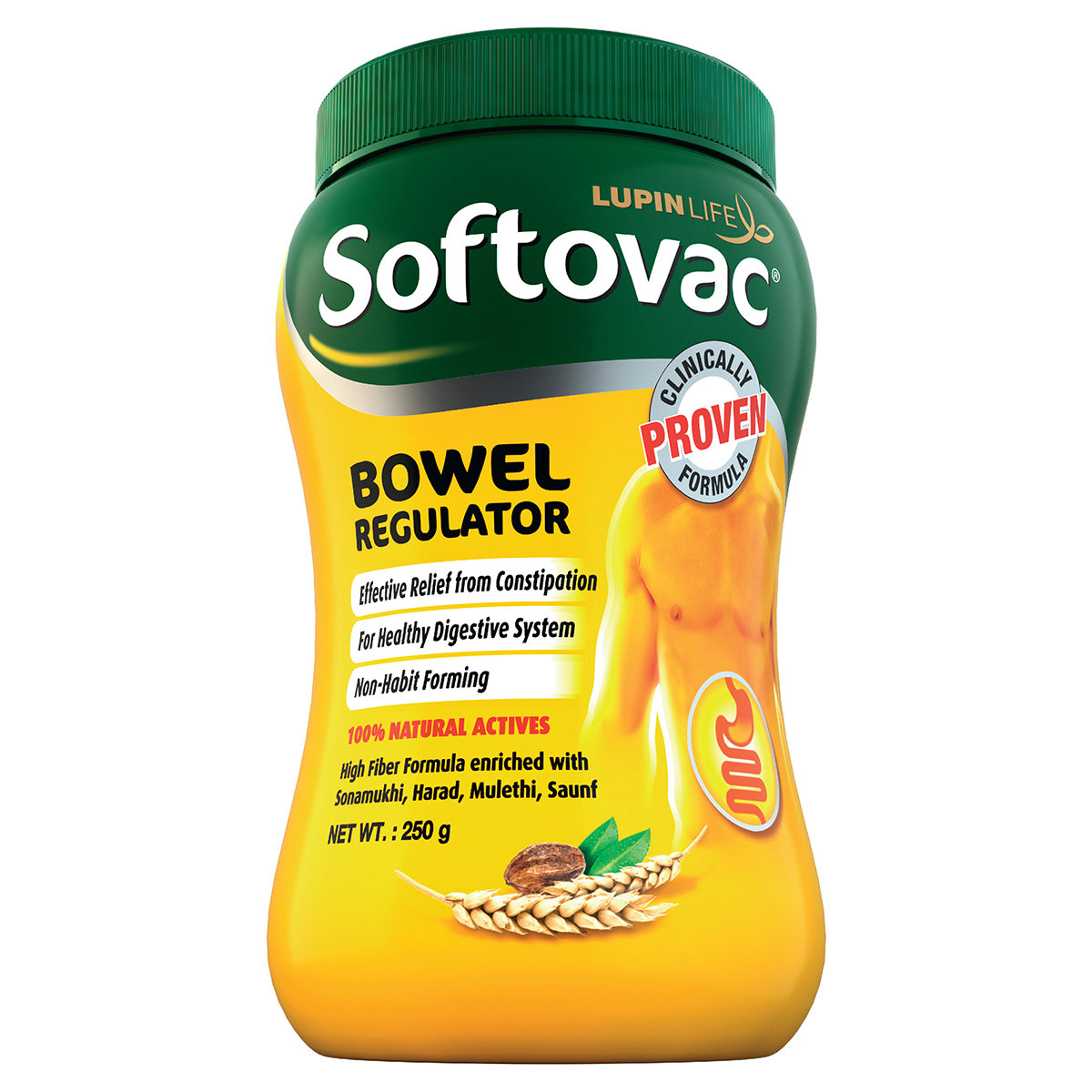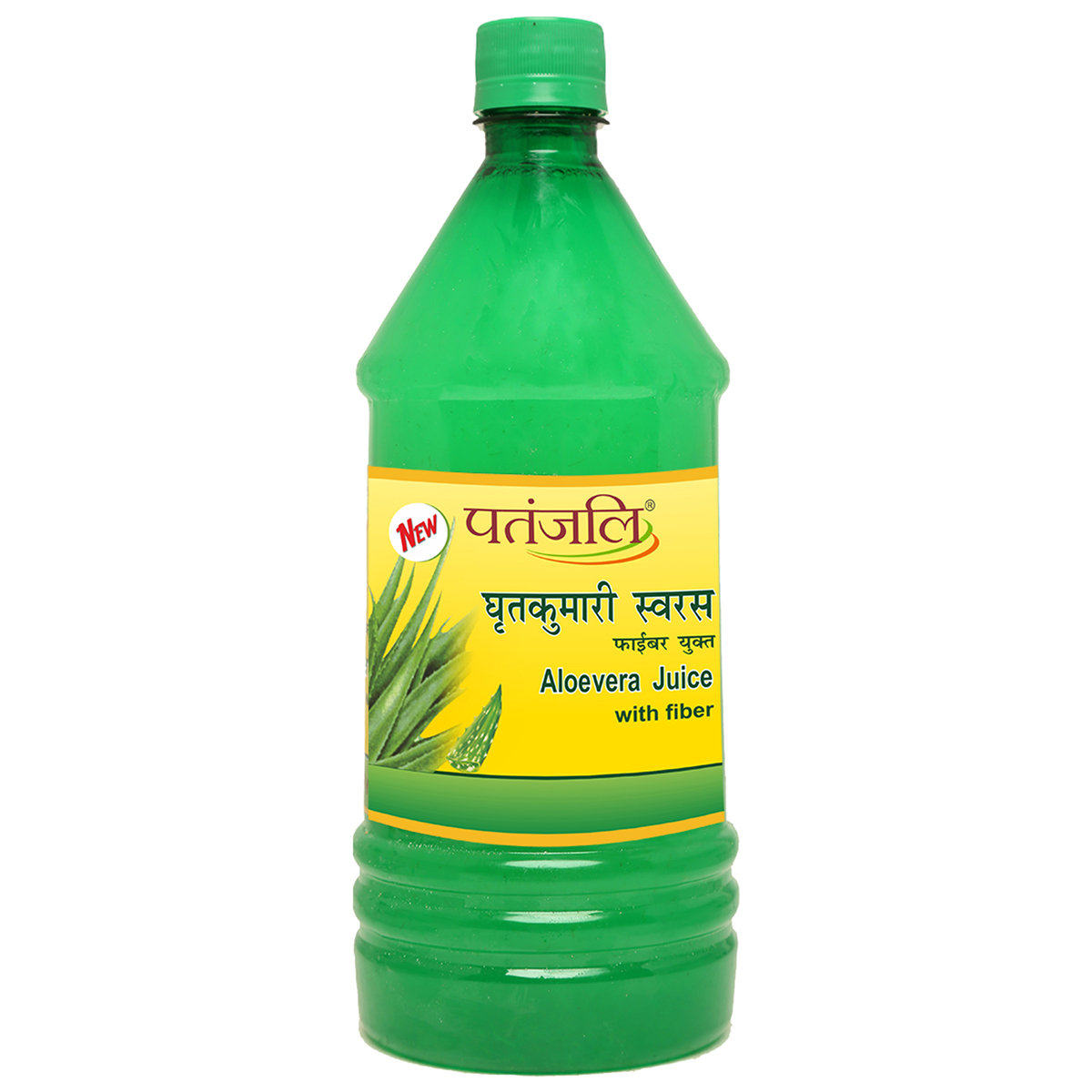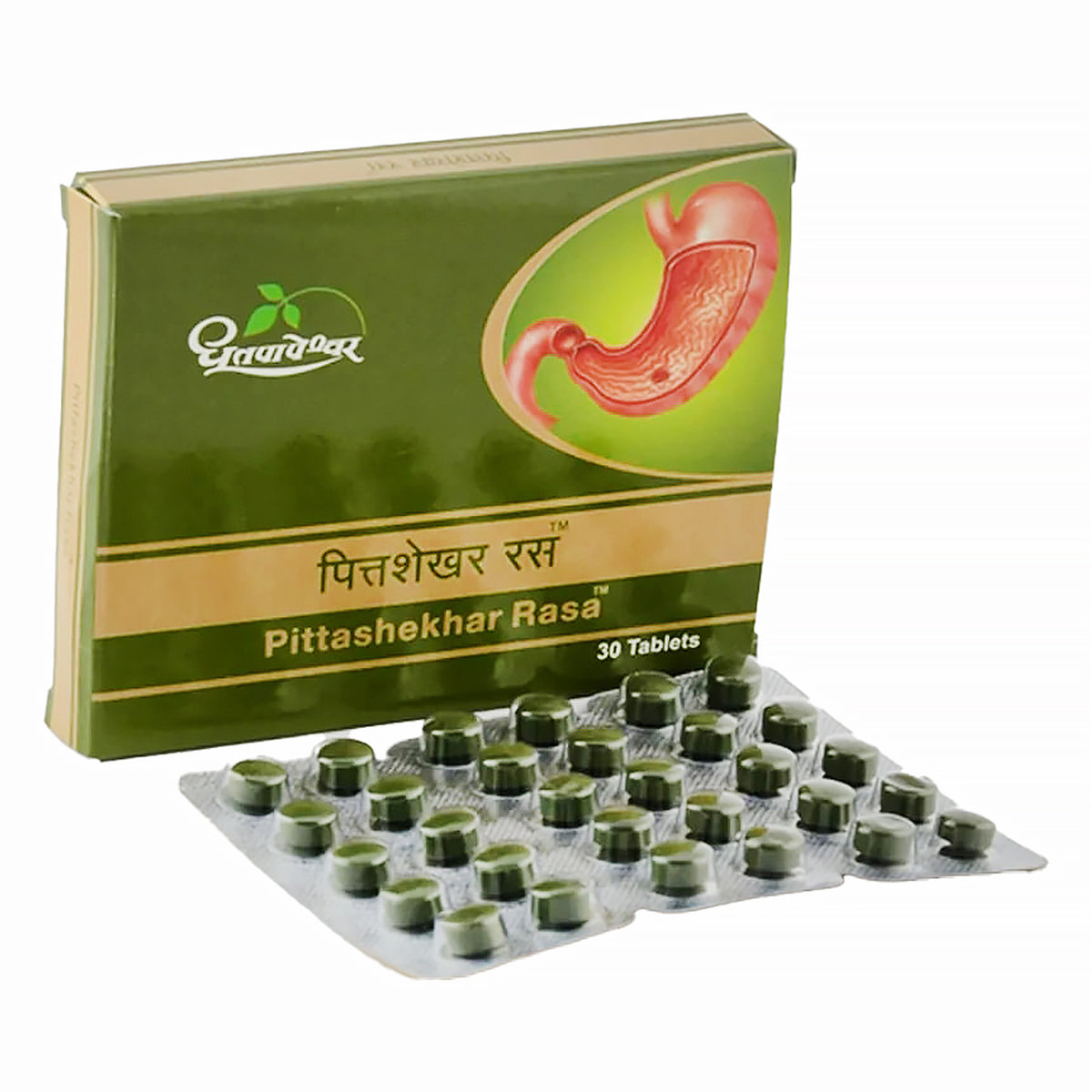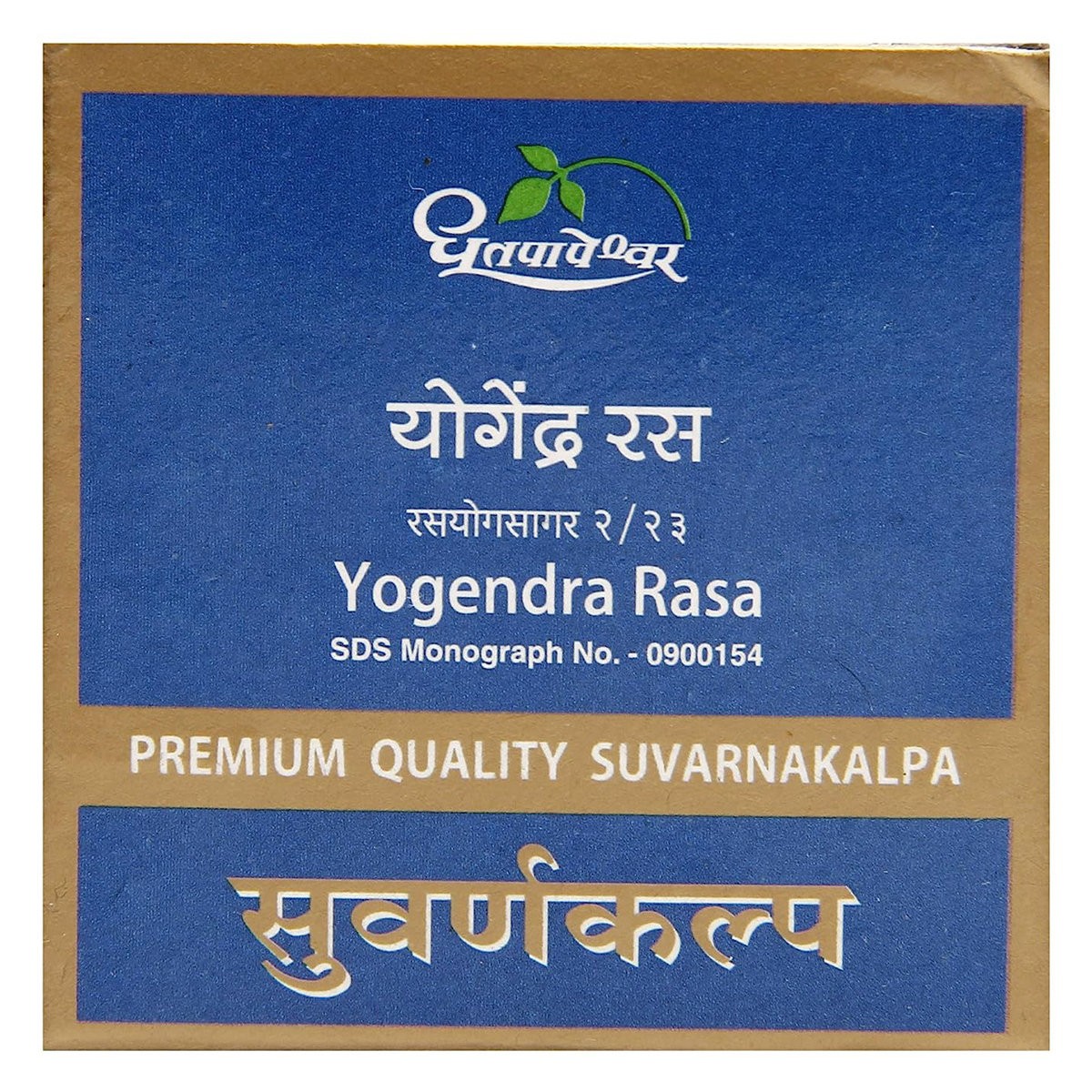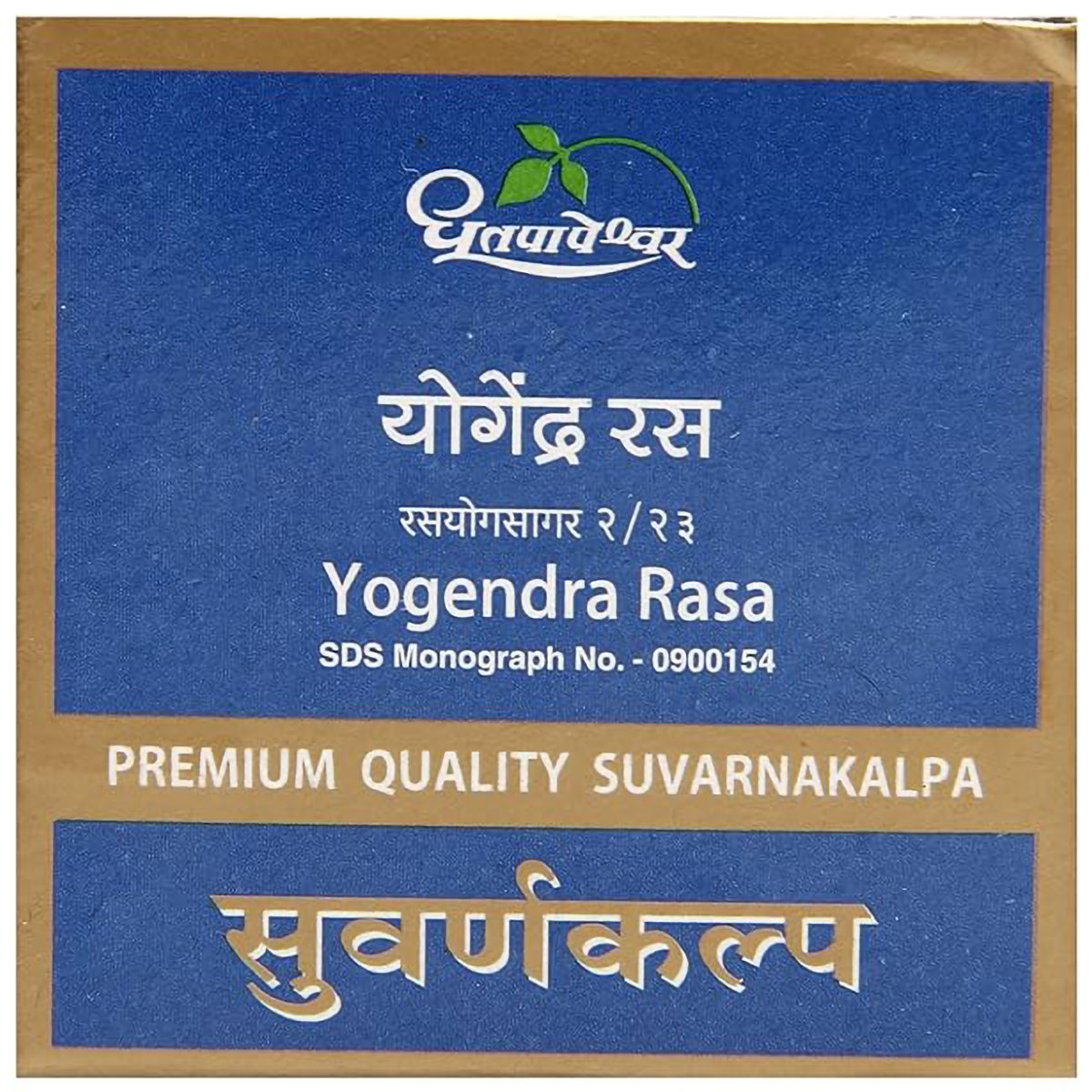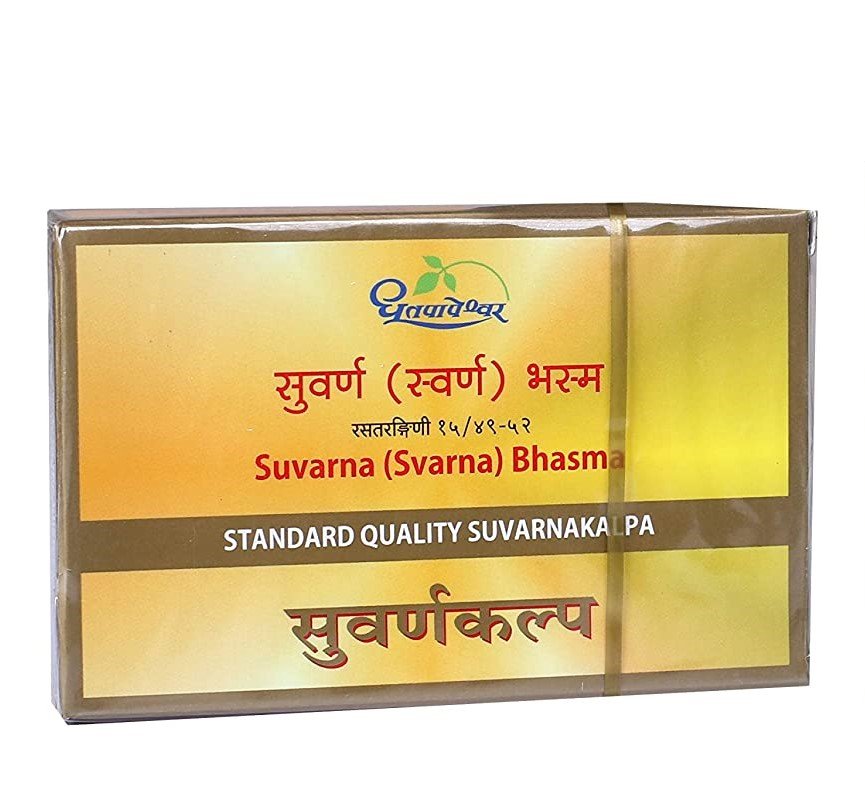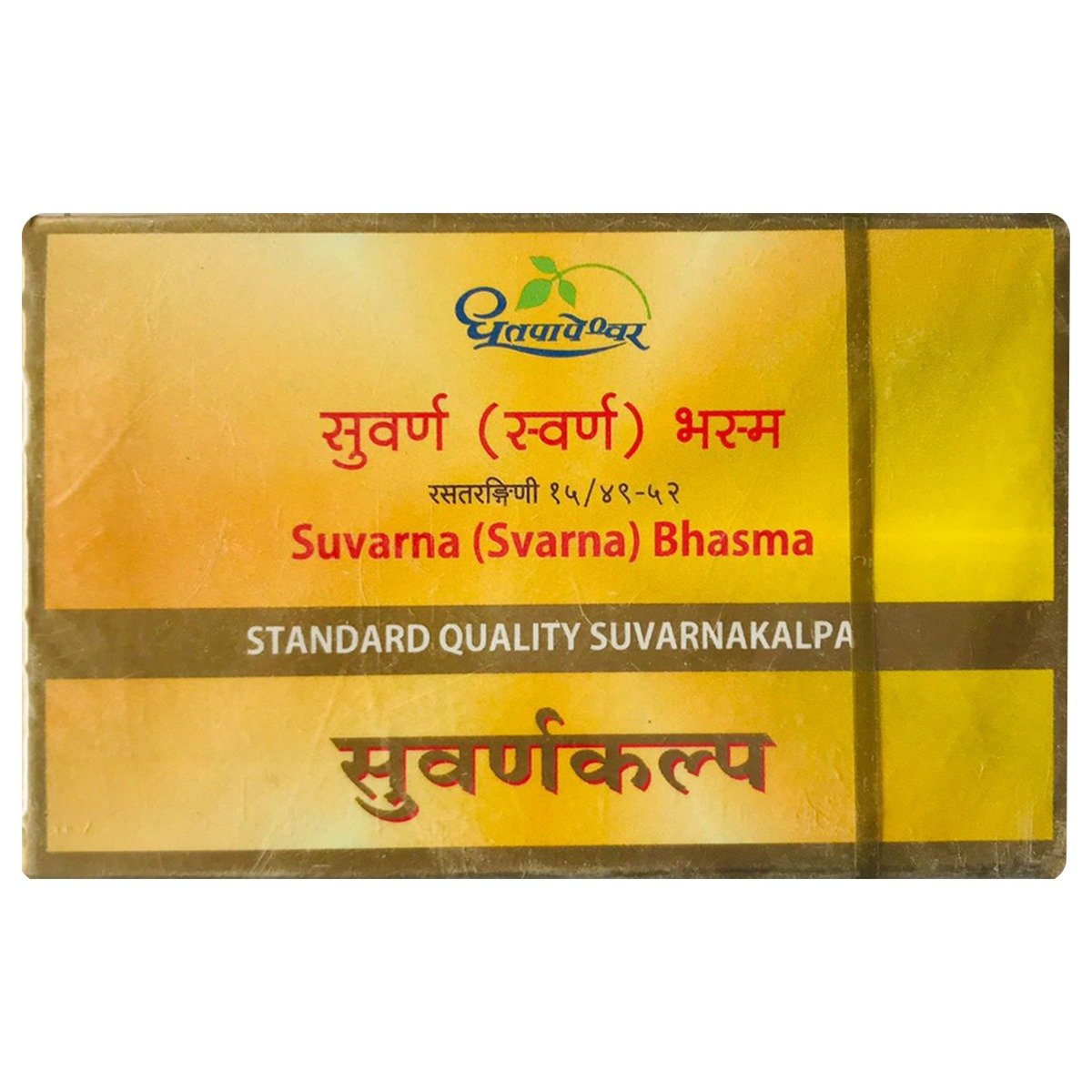Coligon 20mg Tablet 10's

MRP ₹11
(Inclusive of all Taxes)
₹1.6 Cashback (15%)
Coligon 20mg Tablet is used to treat functional bowel or irritable bowel syndrome (IBS). It contains Dicyclomine, which helps relax the smooth muscles and prevents intestinal spasms. In some cases, this medicine may cause side effects such as dizziness, drowsiness, light-headedness, weakness, blurred vision, dry eyes, dry mouth, nausea, constipation and bloating. Inform the doctor if you are pregnant or breastfeeding, taking any other medication, or have any pre-existing medical conditions.
Know Your Delivery Time
Provide Delivery Location

Secure Payment

India's Most Trusted Pharmacy

Genuine Products
Composition :
Manufacturer/Marketer :
Consume Type :
Return Policy :
Expires on or after :
About Coligon 20mg Tablet
Coligon 20mg Tablet belongs to the class of ‘antispasmodic/anticholinergic/anti-muscarinic agents’, primarily used to treat functional bowel or irritable bowel syndrome (IBS) and acid peptic disease. Coligon 20mg Tablet reduces spasms (sudden involuntary contraction) of the muscles in the stomach and intestines. It effectively relieves stomach cramps, pain in the stomach and intestine, bloating, wind and discomfort.
Coligon 20mg Tablet contains ‘Dicyclomine’, also known as Dicycloverine. Dicyclomine belongs to the class of ‘anticholinergic/anti-muscarinic agents’ with antispasmodic activity. Coligon 20mg Tablet blocks the activity of acetylcholine (acetylcholine is a neurotransmitter that sends signals to nerve cells) by binding to muscarinic receptors on smooth muscle. This process helps in relaxing the smooth muscles and inhibits natural gut movements. Thus Coligon 20mg Tablet prevents spasms in the muscles of the stomach and intestines.
Your doctor will advise the appropriate dose that suits your medical condition. Common side effects of Coligon 20mg Tablet include dizziness, drowsiness, light-headedness, weakness, blurred vision, dry eyes, dry mouth, nausea, constipation and abdominal bloating. These side effects may not occur in every patient using this medication and differ individually. If the side effects persist longer or worsen, please seek a doctor’s advice.
Let your doctor know if you are sensitive or allergic to any medications. Before using Coligon 20mg Tablet , let your doctor know if you have liver, kidney or heart diseases and any other medical history. Coligon 20mg Tablet may cause blurred vision, dizziness and drowsiness, hence do not drive or operate machinery until you feel better. Pregnant and breastfeeding women should consult their doctor before using Coligon 20mg Tablet . This medicine is not recommended for use in children below six months of age.
Uses of Coligon 20mg Tablet
Coligon 20mg Tablet is used in the treatment of Irritable bowel syndrome (IBS) and acid peptic disease. The detailed uses of Coligon 20mg Tablet are as follows:
- Irritable Bowel Syndrome (IBS) Treatment: Coligon 20mg Tablet relieves symptoms such as abdominal pain, cramps, and spasms by relaxing the muscles in the stomach and intestines.
- Acid Peptic Disease Treatment: Coligon 20mg Tablet relieves abdominal cramps, reduces gastrointestinal spasms, controls excessive GI secretions, and eases symptoms like bloating, pain, and discomfort, complementing acid-suppressing therapy.

Have a query?
Directions for Use
- Coligon 20mg Tablet can be taken with or without food. However, taking it with food may help reduce stomach upset.
- It is recommended to take Coligon 20mg Tablet 4 times a day or as advised by your doctor.
- Swallow Coligon 20mg Tablet as a whole with a glass of water.
- Do not crush or chew this medication.
Medicinal Benefits
Coligon 20mg Tablet contains ‘Dicyclomine’, also known as Dicycloverine. Dicyclomine is an ‘anticholinergic/anti-muscarinic agent’ with antispasmodic activity. Coligon 20mg Tablet effectively treats irritable bowel syndrome (IBS) and acid peptic disease. It works by blocking the activity of acetylcholine by binding to muscarinic receptors on smooth muscle. This process helps in relaxing the smooth muscles, inhibits the natural gut movements, decreases gastric acid secretion and controls excessive GI secretions. Thus Coligon 20mg Tablet prevents spasms in the muscles of the stomach and intestines. Coligon 20mg Tablet is also used to relieve stomach cramps, bloating and pain in the stomach and intestine.
How Coligon 20mg Tablet Works
Storage
- Inform your doctor about dry mouth symptoms. They may adjust your medication regimen or prescribe additional medications to manage symptoms.
- Drink plenty of water throughout the day to help keep your mouth moist and alleviate dry mouth symptoms.
- Chew sugar-free gum or candies to increase saliva production and keep your mouth moisturized.
- Use saliva substitutes, such as mouthwashes or sprays, only if your doctor advises them to help moisturize your mouth and alleviate dry mouth symptoms.
- Avoid consuming smoking, alcohol, spicy or acidic foods, and other irritants that may aggravate dry mouth symptoms.
- Schedule regular dental check-ups to keep track of your oral health and handle any dry mouth issues as they arise.
- Inform your doctor about the nausea and discuss possible alternatives to the medication or adjustments to the dosage.
- Divide your daily food intake into smaller, more frequent meals to reduce nausea.
- Opt for bland, easily digestible foods like crackers, toast, plain rice, bananas, and applesauce.
- Avoid certain foods that can trigger nausea, such as fatty, greasy, spicy, and smelly foods.
- Drink plenty of fluids, such as water, clear broth, or electrolyte-rich beverages like coconut water or sports drinks.
- Use ginger (tea, ale, or candies) to help relieve nausea.
- Get adequate rest and also avoid strenuous activities that can worsen nausea.
- Talk to your doctor about taking anti-nausea medication if your nausea is severe.
- Record when your nausea occurs, what triggers it, and what provides relief to help you identify patterns and manage your symptoms more effectively.
- Inform your doctor about dizziness symptoms. They may adjust your medication regimen or prescribe additional medications to manage symptoms.
- Follow your doctor's instructions for taking medication, and take it at the same time every day to minimize dizziness.
- When standing up, do so slowly and carefully to avoid sudden dizziness.
- Avoid making sudden movements, such as turning or bending quickly, which can exacerbate dizziness.
- Drink plenty of water throughout the day to stay hydrated and help alleviate dizziness symptoms.
- If you're feeling dizzy, sit or lie down and rest until the dizziness passes.
- Track when dizziness occurs and any factors that may trigger it, and share this information with your doctor to help manage symptoms.
- Rest well; get enough sleep.
- Eat a balanced diet and drink enough water.
- Manage stress with yoga and meditation.
- Limit alcohol and caffeine.
- Physical activities like walking or jogging might help boost energy and make you feel less tired.
- Tell your doctor immediately if you experience symptoms of Nervousness, such as anxiety, jitteriness, or an increased heart rate, after taking medication or adjusting your medication regimen.
- Your doctor may adjust your medication regimen to alleviate symptoms of Nervousness. This can include switching to a different medication, reducing the dosage, or temporarily stopping the medication. Your doctor may also recommend alternative techniques like relaxation, mindfulness meditation, or journaling. These techniques can help reduce anxiety and Nervousness.
- Practice stress-reducing techniques, such as deep breathing exercises, yoga, or journaling, to help manage Nervousness.
- Engage in regular physical activity, such as walking or jogging, to help reduce anxiety and improve mood.
- Your doctor may advise considering cognitive-behavioural therapy (CBT) or other forms of talk therapy to address underlying anxiety or Nervousness.
- You should maintain regular follow-up appointments with your doctor to monitor nervousness symptoms, adjust treatment plans as needed, and discuss any concerns or questions.
- Avoid driving or operating machinery or activities that require high focus until you know how the medication affects you.
- Maintain a fixed sleeping schedule, create a relaxing bedtime routine and ensure your sleeping space is comfortable to maximize your sleep quality.
- Limit alcohol and caffeine as these may worsen drowsiness and disturb sleep patterns.
- Drink plenty of water as it helps with alertness and keeps you hydrated and for overall well-being.
- Moderate physical activity can improve energy levels, but avoid intense workouts right before bedtime.
What if I have taken an overdose of Coligon 20mg Tablet
Drug Warnings
Let your doctor know if you are sensitive to Coligon 20mg Tablet or its components. Coligon 20mg Tablet should be used with caution and only under doctor’s supervision if you have stomach/intestinal problems like slow gut, blockage, heartburn, acid reflux, ulcerative colitis (inflammation of the colon), little or no stomach acid and diarrhoea due to intestine surgeries like ileostomy and colostomy. Also, inform your doctor if you have any liver or kidney diseases, urinary retention problems (enlarged prostate), glaucoma, overactive thyroid (hyperthyroidism), high blood pressure, heart diseases, nervous system disorders, drug addiction, myasthenia gravis (neuromuscular disorder) and hiatus hernia (stomach pushes into the chest cavity) before using Coligon 20mg Tablet . This medicine may cause blurry vision and sleepiness, affecting your mental focus; hence, do not drive or operate machinery until you feel better. Let your doctor know if you are planning to conceive, are pregnant or are a nursing mother before starting Coligon 20mg Tablet .
Drug-Drug Interactions
Drug-Drug Interactions
Login/Sign Up
Co-administration of Pramlintide with Coligon 20mg Tablet can increase the risk of reduced gastrointestinal movement.
How to manage the interaction:
Taking Coligon 20mg Tablet with Pramlintide is not recommended, please consult your doctor before taking it. Do not discontinue the medication without consulting a doctor.
Taking Coligon 20mg Tablet and Potassium citrate together can increase the risk of stomach ulcers, bleeding, and gastrointestinal injury.
How to manage the interaction:
Taking Coligon 20mg Tablet with Potassium citrate is not recommended, as it may lead to an interaction, it can be taken if prescribed by the doctor. However, if you experience severe stomach pain, bloating, sudden lightheadedness or dizziness, nausea, vomiting (especially with blood), decreased hunger, or dark, tarry stools, consult the doctor immediately. Do not discontinue any medications without a doctor's advice.
Co-administration of Coligon 20mg Tablet with Potassium chloride can increase the risk of stomach ulcers.
How to manage the interaction:
Taking Coligon 20mg Tablet with Potassium chloride is not recommended, as it can lead to an interaction, it can be taken if a doctor has prescribed it. However, if you experience severe stomach pain, bloating, sudden lightheadedness or dizziness, nausea, vomiting (especially with blood), decreased hunger, dark, tarry stools, consult the doctor immediately. Do not discontinue the medication without consulting a doctor.
Co-administration of Coligon 20mg Tablet with Topiramate may worsen effects like increased body temperature and sweating.
How to manage the interaction:
If you have to use Coligon 20mg Tablet and Topiramate together, your doctor may adjust the dose or monitor you more frequently to safely use both medications. Drink plenty of fluids during warm weather and when exercising and contact a doctor if you have decreased sweating or a fever. You may also experience drowsiness, dizziness, or lightheadedness when taking these medications together. Do not discontinue the medication without consulting a doctor.
Co-administration of Coligon 20mg Tablet with Zonisamide may worsen effects like increased body temperature and sweating.
How to manage the interaction:
If you have to use Coligon 20mg Tablet and Zonisamide together, your doctor may adjust the dose or monitor you more frequently to safely use both medications. You may also experience drowsiness, dizziness, or lightheadedness when taking these medications together. Do not discontinue any medication without consulting a doctor.
Co-administration of Secretin human with Coligon 20mg Tablet may decrease the therapeutic efficacy of Secretin human.
How to manage the interaction:
Taking Coligon 20mg Tablet with Secretin together can possibly result in an interaction, but it can be taken if your doctor has advised it. Do not discontinue any medications without first consulting your doctor.
Drug-Food Interactions
Drug-Food Interactions
Login/Sign Up
Diet & Lifestyle Advise
- Avoid or limit the intake of alcohol and caffeine.
- Manage stress, eat healthily, drink plenty of water, exercise regularly and get plenty of sleep.
- Limit your intake of high-fibre foods, foods and drinks containing chocolate, alcohol, caffeine, fructose or sorbitol, carbonated beverages, and fried and fatty foods.
- Avoid having large meals. Instead, try having small and simpler meals at regular intervals, including fresh fruits and vegetables in your diet.
- Practice yoga and recreation techniques to manage your emotional stress.
- If you are lactose intolerant, avoid using dairy products since they can worsen your IBS.
- If you cannot eat dairy products, you should include other calcium-rich foods like leafy greens, beans, nuts, and seeds.
- Drink plenty of fluids and dress lightly to prevent heatstroke and dehydration.
- Avoid overly sweating activities like challenging exercises and using hot tubs.
Habit Forming
Therapeutic Class
Alcohol
Caution
It is advised to limit alcohol intake to prevent any undesirable side effects of Coligon 20mg Tablet and further worsen your disease. Please consult your doctor before using Coligon 20mg Tablet .
Pregnancy
Caution
During pregnancy, Coligon 20mg Tablet should be used only when clearly needed. It is advised to consult your doctor if you plan to conceive or already pregnant before starting Coligon 20mg Tablet .
Breast Feeding
Unsafe
It is not recommended to use Coligon 20mg Tablet during breastfeeding. Coligon 20mg Tablet can pass into breast milk and cause breathing problems or other undesirable effects in infants younger than six months of age. Please consult your doctor before taking Coligon 20mg Tablet if you are a nursing mother.
Driving
Caution
Coligon 20mg Tablet may cause side effects like dizziness, drowsiness and blurry vision which could affect your ability to focus. Please do not drive or operate machines until you feel better.
Liver
Caution
Let your doctor know if you have any history of liver diseases or hepatic impairment. Your doctor will weigh the benefits and potential risks before prescribing Coligon 20mg Tablet .
Kidney
Caution
Let your doctor know if you have any history of kidney diseases. Your doctor will weigh the benefits and potential risks before prescribing Coligon 20mg Tablet .
Children
Caution
Coligon 20mg Tablet is not recommended for children younger than six months of age. Your doctor will decide the dose and duration based on your child’s age and medical condition.
FAQs
Coligon 20mg Tablet is used to treat functional bowel or irritable bowel syndrome (IBS) and acid peptic disease.
Coligon 20mg Tablet consists of Dicyclomine, an anticholinergic agent that treats irritable bowel syndrome and acid peptic disease. It works by relaxing the muscles and inhibiting natural gut movements, thereby relieving muscle spasms and cramps in stomach and intestine, abdominal pain, constipation and other GI discomforts.
Coligon 20mg Tablet should be used with caution and only under a doctor's supervision if you have any liver, kidney or heart diseases, stomach and intestinal problems, nervous system disorders, glaucoma, urinary retention and drug addiction.
Coligon 20mg Tablet may make you sweat less and can likely cause heart stroke. Hence, it is advised to limit activities that cause overheat like an exercise in hot weather or using hot tubs. Drink plenty of fluids and dress lightly.
Antacids may lower the absorption of Coligon 20mg Tablet and reduce its efficacy. It is advised to take antacid and Coligon 20mg Tablet at different times. If you take antacid after meals, please take Coligon 20mg Tablet before meals.
If you suffer from IBS, limit taking high fibre foods, foods and drinks that contain chocolate, alcohol, caffeine, fructose, or sorbitol, carbonated drinks, fried and fatty foods. Do not have large meals, instead, try having small and simpler meals at regular intervals, including fresh fruits and vegetables in your diet.
Country of origin
Customers Also Bought
Disclaimer
Author Details
We provide you with authentic, trustworthy and relevant information
Reference
- https://pubchem.ncbi.nlm.nih.gov/compound/Dicyclomine#section=IUPAC-Name
- https://www.drugs.com/mtm/dicyclomine.html#interactions
- https://www.accessdata.fda.gov/drugsatfda_docs/label/2007/007409s040,007961s026,008370s031lbl.pdf
- https://www.medicines.org.uk/emc/files/pil.4665.pdf
- https://www.webmd.com/drugs/2/drug-5247/dicyclomine-oral/details
Buy best Gastro Enterology products by
Abbott India Ltd
Sun Pharmaceutical Industries Ltd
Cipla Ltd
Alkem Laboratories Ltd
Intas Pharmaceuticals Ltd
Torrent Pharmaceuticals Ltd
Mankind Pharma Pvt Ltd
Lupin Ltd
Dr Reddy's Laboratories Ltd
Aristo Pharmaceuticals Pvt Ltd
Leeford Healthcare Ltd
La Renon Healthcare Pvt Ltd
Alembic Pharmaceuticals Ltd
Macleods Pharmaceuticals Ltd
Wallace Pharmaceuticals Pvt Ltd
J B Chemicals & Pharmaceuticals Ltd
Zydus Healthcare Ltd
Morepen Laboratories Ltd
Micro Labs Ltd
Zydus Cadila
Fourrts India Laboratories Pvt Ltd
Zuventus Healthcare Ltd
FDC Ltd
Alniche Life Sciences Pvt Ltd
Cadila Pharmaceuticals Ltd
Tas Med India Pvt Ltd
Eris Life Sciences Ltd
Medishri Healthcare Pvt Ltd
Medley Pharmaceuticals Ltd
Signova Pharma
Elder Pharmaceuticals Ltd
Sanatra Healthcare Ltd
East West Pharma India Pvt Ltd
Tablets India Ltd
Emcure Pharmaceuticals Ltd
Vasu Organics Pvt Ltd
Wockhardt Ltd
Ajanta Pharma Ltd
Akumentis Healthcare Ltd
Glenmark Pharmaceuticals Ltd
Cadila Healthcare Ltd
Primus Remedies Pvt Ltd
Biological E Ltd
Corona Remedies Pvt Ltd
Blue Cross Laboratories Pvt Ltd
Indoco Remedies Ltd
Medgen Drugs And Laboratories Pvt Ltd
Hetero Drugs Ltd
Ipca Laboratories Ltd
Pfizer Ltd
DR Johns Lab Pharma Pvt Ltd
Ozone Pharmaceuticals Ltd
Systopic Laboratories Pvt Ltd
Albert David Ltd
Indchemie Health Specialities Pvt Ltd
Ordain Health Care Global Pvt Ltd
Biochem Pharmaceutical Industries Ltd
Samarth Life Sciences Pvt Ltd
Shine Pharmaceuticals Ltd
Shreya Life Sciences Pvt Ltd
Troikaa Pharmaceuticals Ltd
Hetero Healthcare Pvt Ltd
Knoll Healthcare Pvt Ltd
Lincoln Pharmaceuticals Ltd
Olcare Laboratories Pvt Ltd
Prevego Healthcare & Research Pvt Ltd
Adonis Laboratories Pvt Ltd
Capital Pharma
Eskag Pharma Pvt Ltd
Foregen Healthcare Ltd
Sanzyme Pvt Ltd
Yuventis Pharmaceuticals
3M India Ltd
Alienist Pharmaceutical Pvt Ltd
Dey's Medical Stores (Mfg) Ltd
Meridian Enterprises Pvt Ltd
Meyer Organics Pvt Ltd
Sinsan Pharmaceuticals Pvt Ltd
Chemo Healthcare Pvt Ltd
Intra Life Pvt Ltd
Levin Life Sciences Pvt Ltd
Msn Laboratories Pvt Ltd
Overseas Health Care Pvt Ltd
RPG Life Sciences Ltd
Steris Healthcare
Medwock Pharmaceuticals Pvt Ltd
Obsurge Biotech Ltd
Panacea Biotec Ltd
Saf Fermion Ltd
Sargas Life Sciences Pvt Ltd
USV Pvt Ltd
Aar Ess Remedies Pvt Ltd
Comed Chemicals Ltd
Galpha Laboratories Ltd
Indiabulls Pharmaceuticals Pvt Ltd
Seagull Pharmaceutical Pvt Ltd
Syndicate Life Sciences Pvt Ltd
Votary Laboratories (India) Ltd
Win Medicare Ltd
Biophar Lifesciences Pvt Ltd



